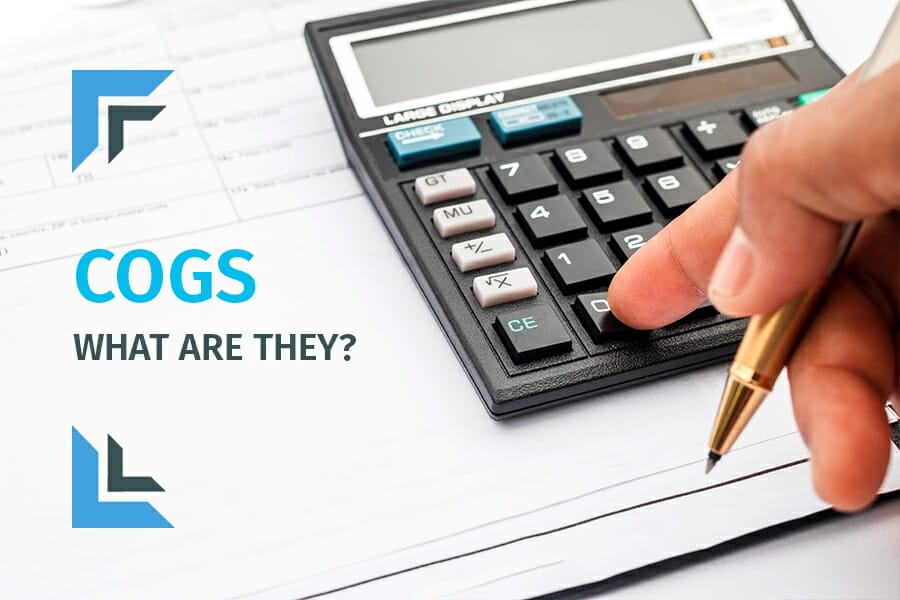
What Are The Cost Of Goods Sold?
Cost Of Goods Sold (referred to as COGS) relates to variable expenses which increase as more products are sold. For example, cost of inventory/sale items, building/production materials, and direct contract labour.
COGS are evident in all product businesses, but many service-based companies do not have direct COGS and only have fixed costs/expenses. COGS are different from fixed costs as fixed costs do not change with an increase or decrease in sales. Fixed cost examples include rent, salaried employees, insurance, and memberships.
How Cost Of Goods Sold is used
COGS are used to calculated gross profit and gross profit margins. These results can support business owners to determine the overall profitability of individual products, and thus make strategic decisions regarding which products to sell and promote.
Benchmarking Cost Of Goods Sold
Benchmarking COGS against other businesses in similar industries gives owners the opportunity to assess if they are happy with their gross profit margins. If an owner sees they have low gross profit margins, they can consider increasing sale prices or reviewing product input costs. Further, they may consider sourcing goods from alternate suppliers to gain more favourable deals.
Alternatively, if a company has high profit margins, there may be opportunity to either reduce the sale price to generate increased sales or add more value for clients.
